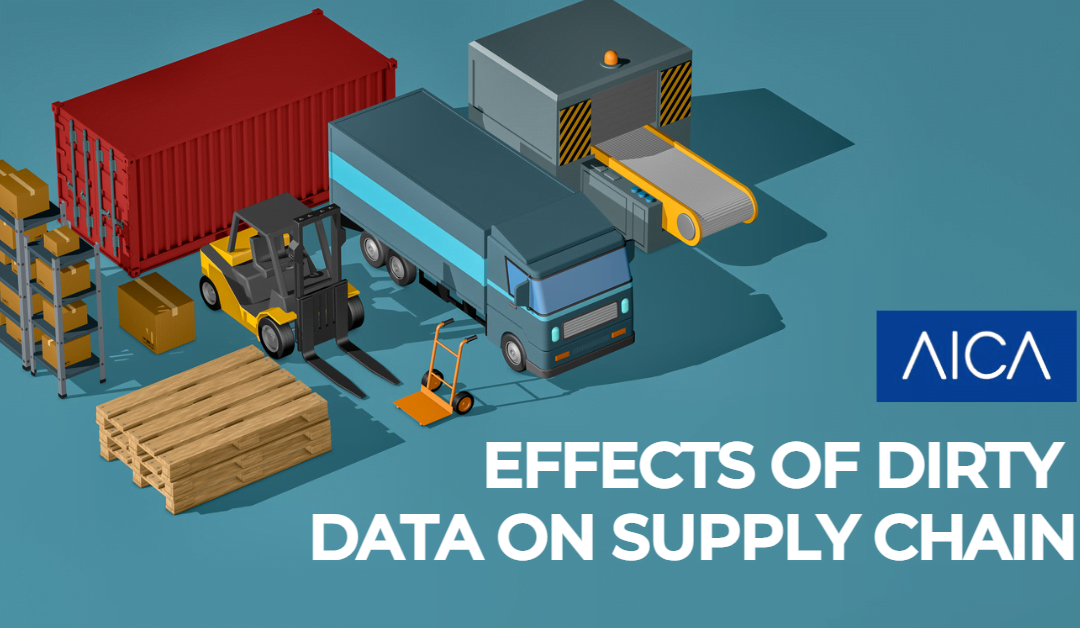In today’s data-driven world, data is critical to the success of any business. Supply chain management is no exception. With the increasing complexity of global supply chains, it is essential to have accurate and reliable data to ensure efficient operations. However, dirty data can have severe consequences for supply chain management.
In this article, we will explore the effects of dirty data on the supply chain of an organisation.
What is Dirty Data?
Dirty data refers to data that is inaccurate, incomplete, or inconsistent. It can result from various sources, including human error, system glitches, and software bugs. In the context of supply chain management, dirty data can affect various aspects, including inventory management, logistics, and vendor management.
Impacts of Dirty Data on Supply Chain ManagementIncreased Costs
Dirty data can lead to inefficient operations, causing delays in shipping and production. As a result, it can lead to increased costs due to lost revenue, additional inventory holding costs, and increased labour costs.
Inaccurate Forecasting
Supply chain management heavily relies on accurate forecasting to ensure the right inventory levels are maintained. Dirty data can cause inaccurate forecasting, resulting in either too much or too little inventory. Having too much inventory can lead to storage costs, while having too little can lead to lost sales.
Damaged Customer Relationships
Dirty data can lead to errors in shipping and order fulfilment. This can cause delays in delivery, incorrect orders, and even lost orders. Such errors can lead to dissatisfied customers and damaged relationships, which can have long-term consequences on the business.
Legal Compliance Risks
Dirty data can lead to non-compliance with legal regulations. For instance, if an organisation is not accurately tracking the origin and content of its products, it may face legal consequences for violating regulations such as the Trade Facilitation and Trade Enforcement Act.
How to Prevent Dirty Data in Supply Chain Management
Implement Data Governance Processes
Organisations should establish data governance processes to ensure that data is accurate, complete, and consistent. This includes regularly reviewing data, defining data quality standards, and implementing data validation procedures.
Leverage Technology Solutions
Technology solutions such as AICA which uses Artificial Intelligence and Machine Learning to help identify and correct dirty data. AICAs use of these technologies can automatically detect inconsistencies and errors, thus reducing the risk of manual errors.
Conduct Regular Data Audits
Organisations should conduct regular data audits to identify and correct any issues with data quality. This includes reviewing the data source, ensuring that data is up-to-date, and identifying any data entry errors.
Conclusion
Dirty data can have severe consequences for supply chain management, leading to increased costs, inaccurate forecasting, damaged customer relationships, and legal compliance risks. Organisations must take steps to prevent dirty data by implementing data governance processes, leveraging technology solutions, and conducting regular data audits. By doing so, they can ensure accurate and reliable data, enabling them to make informed decisions and run efficient operations.
